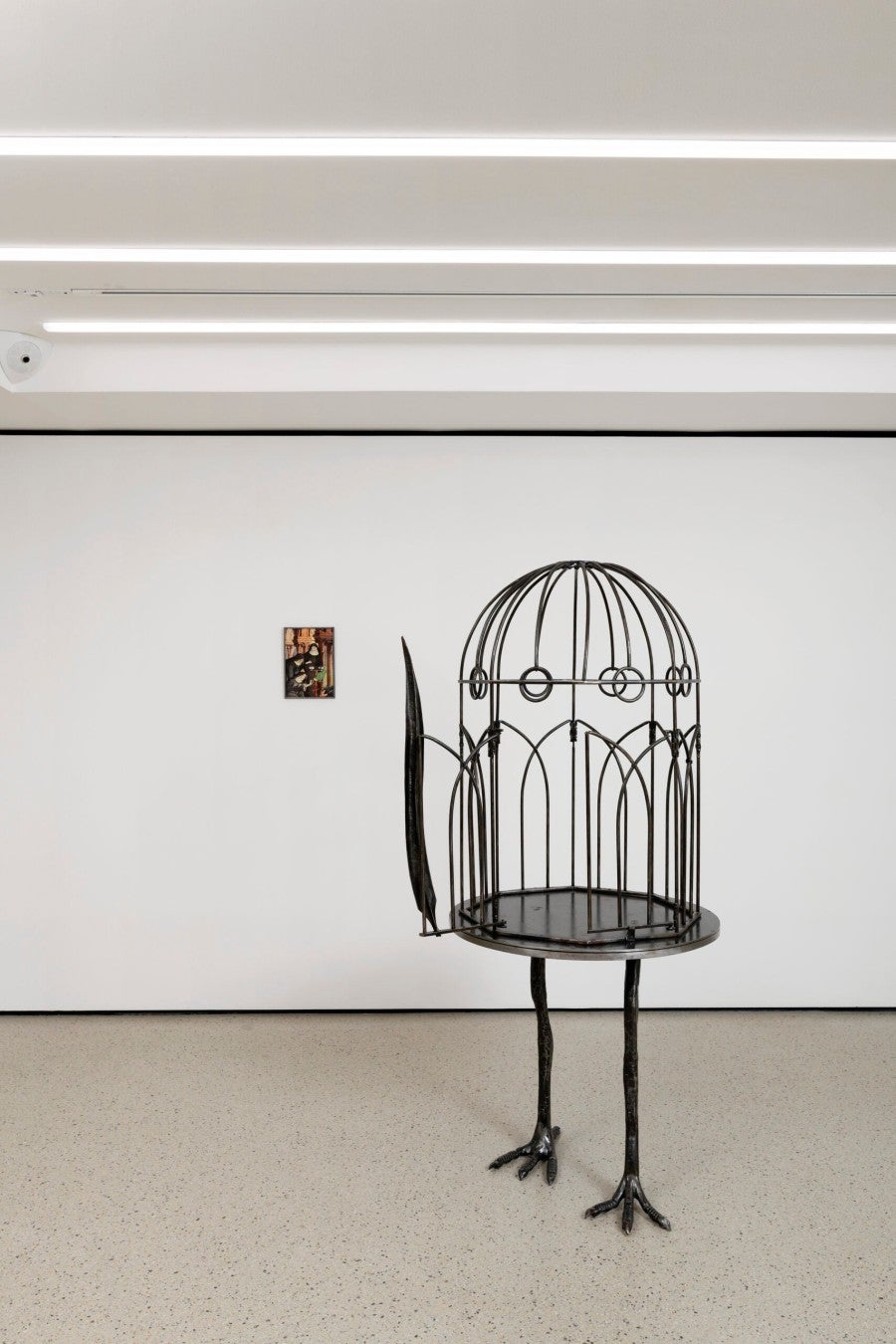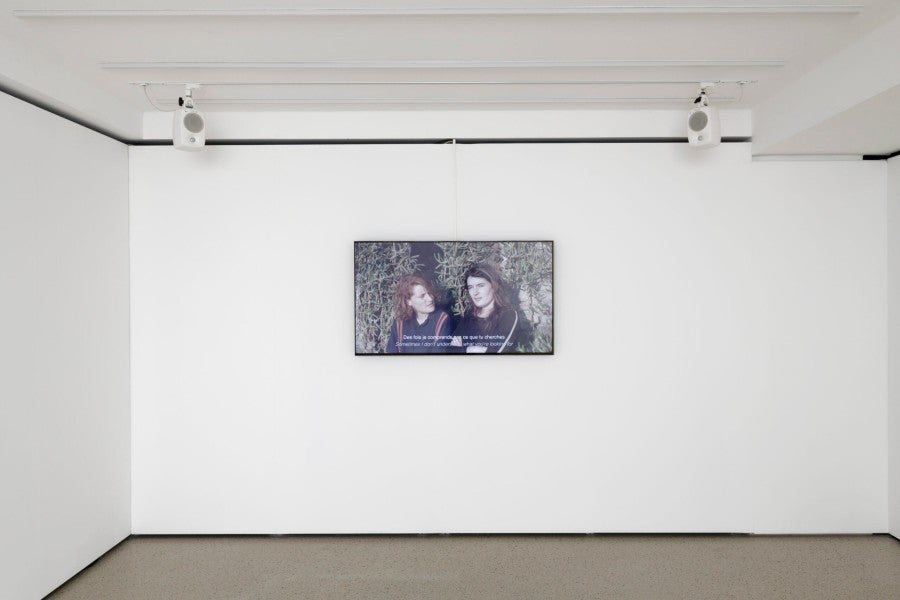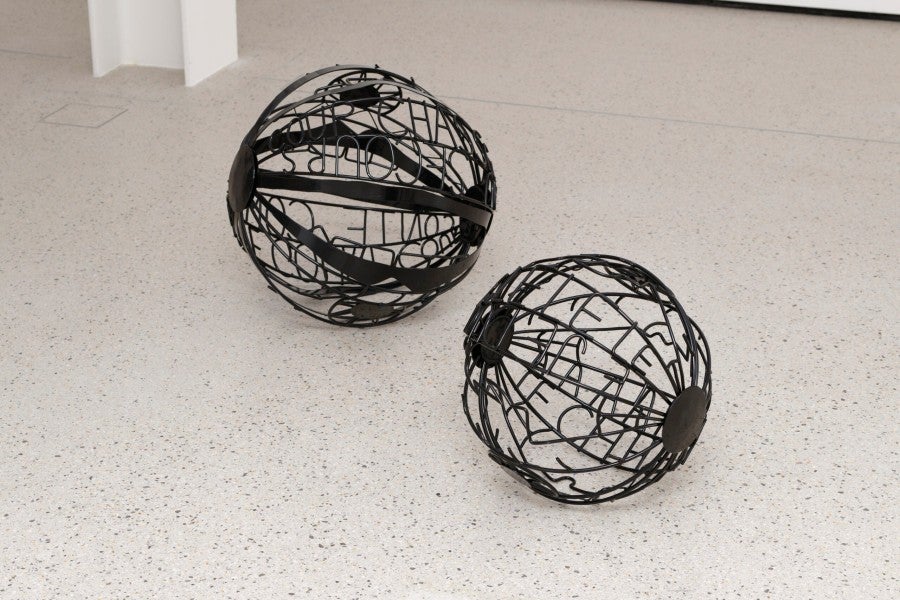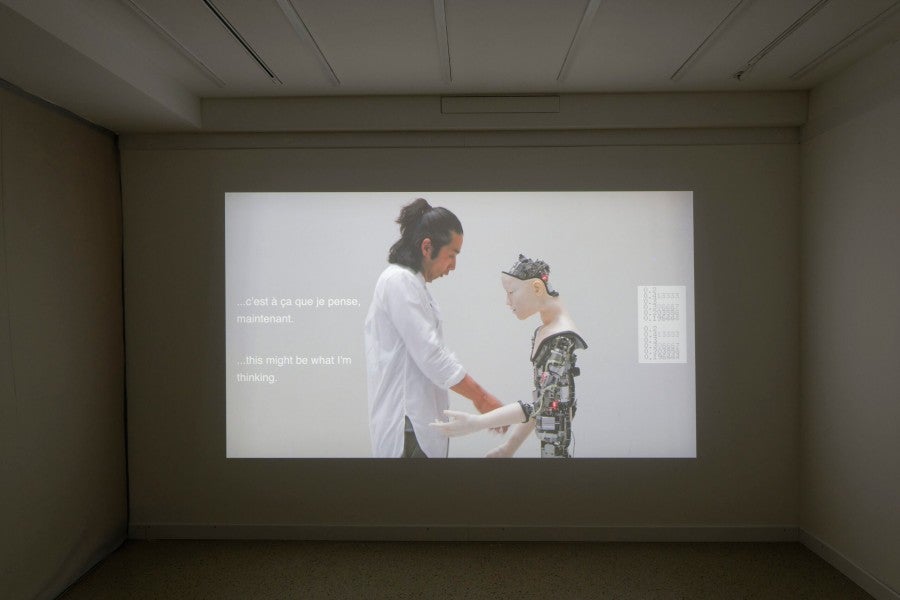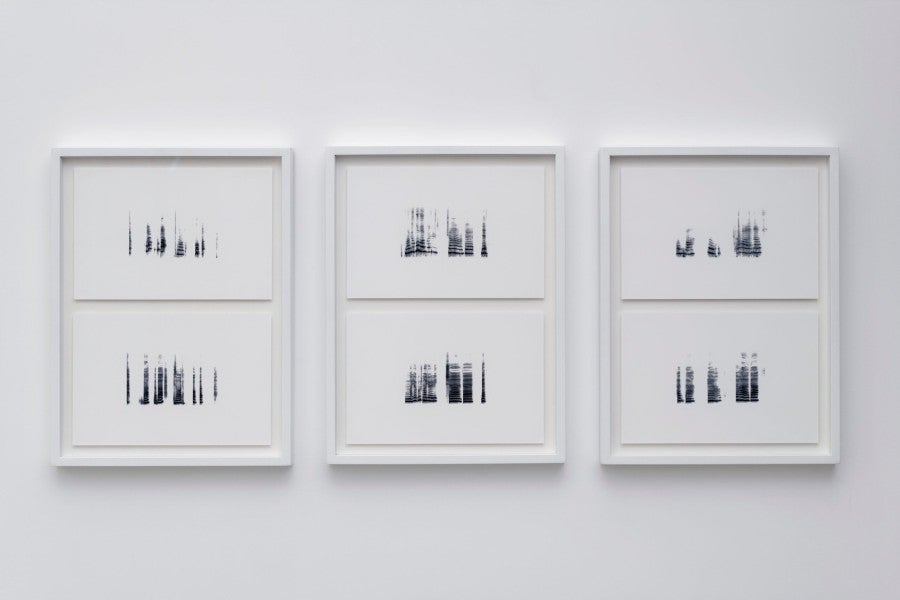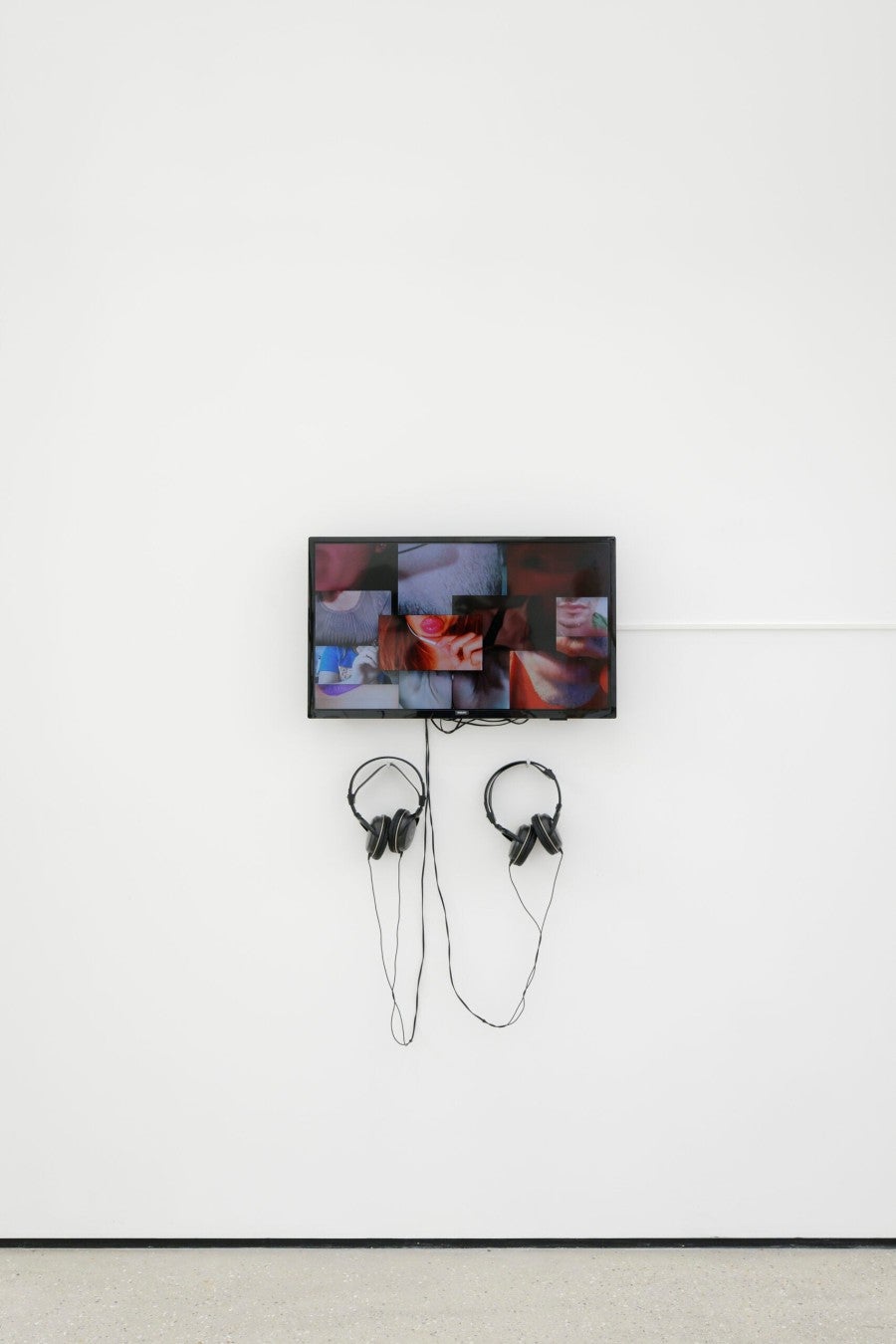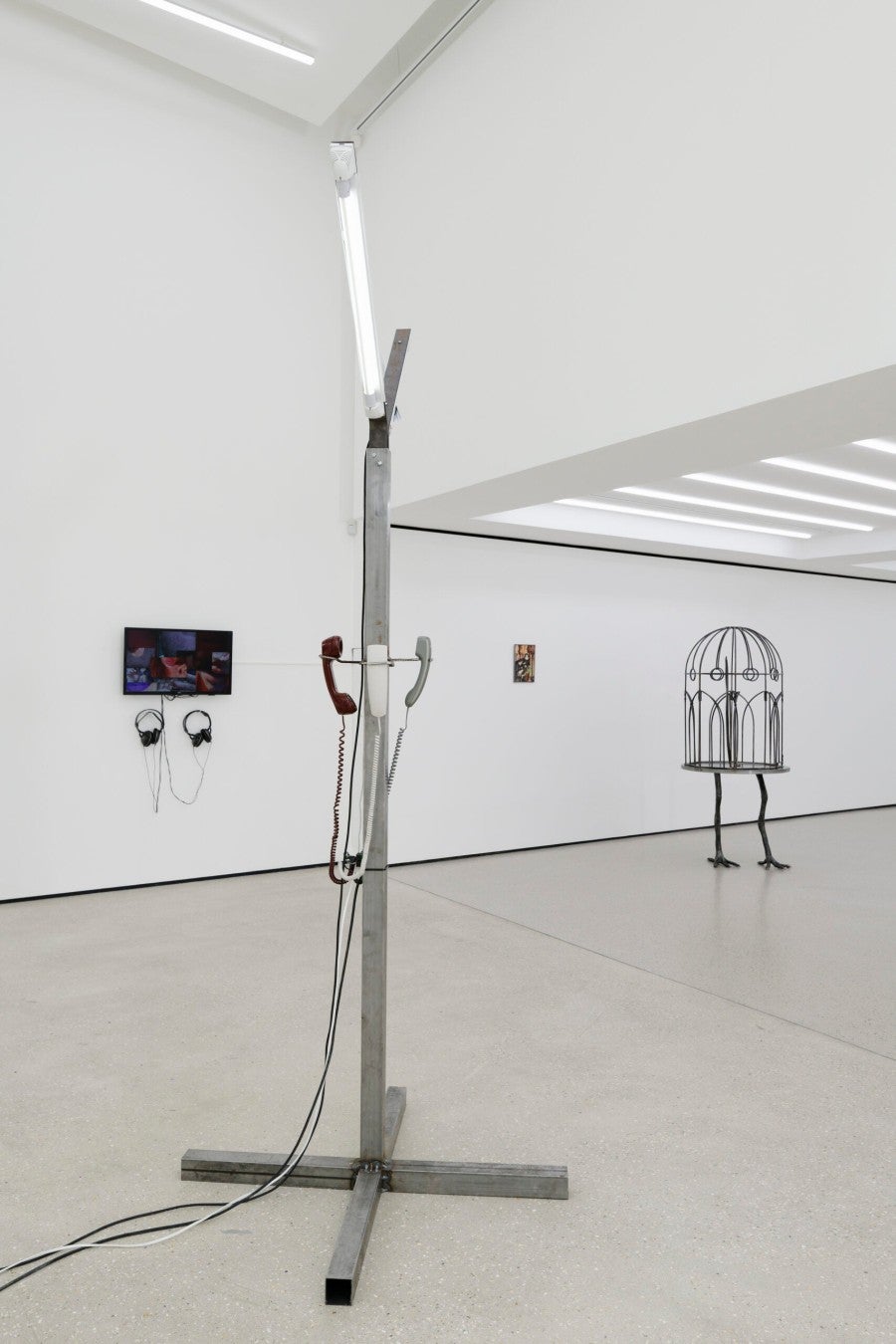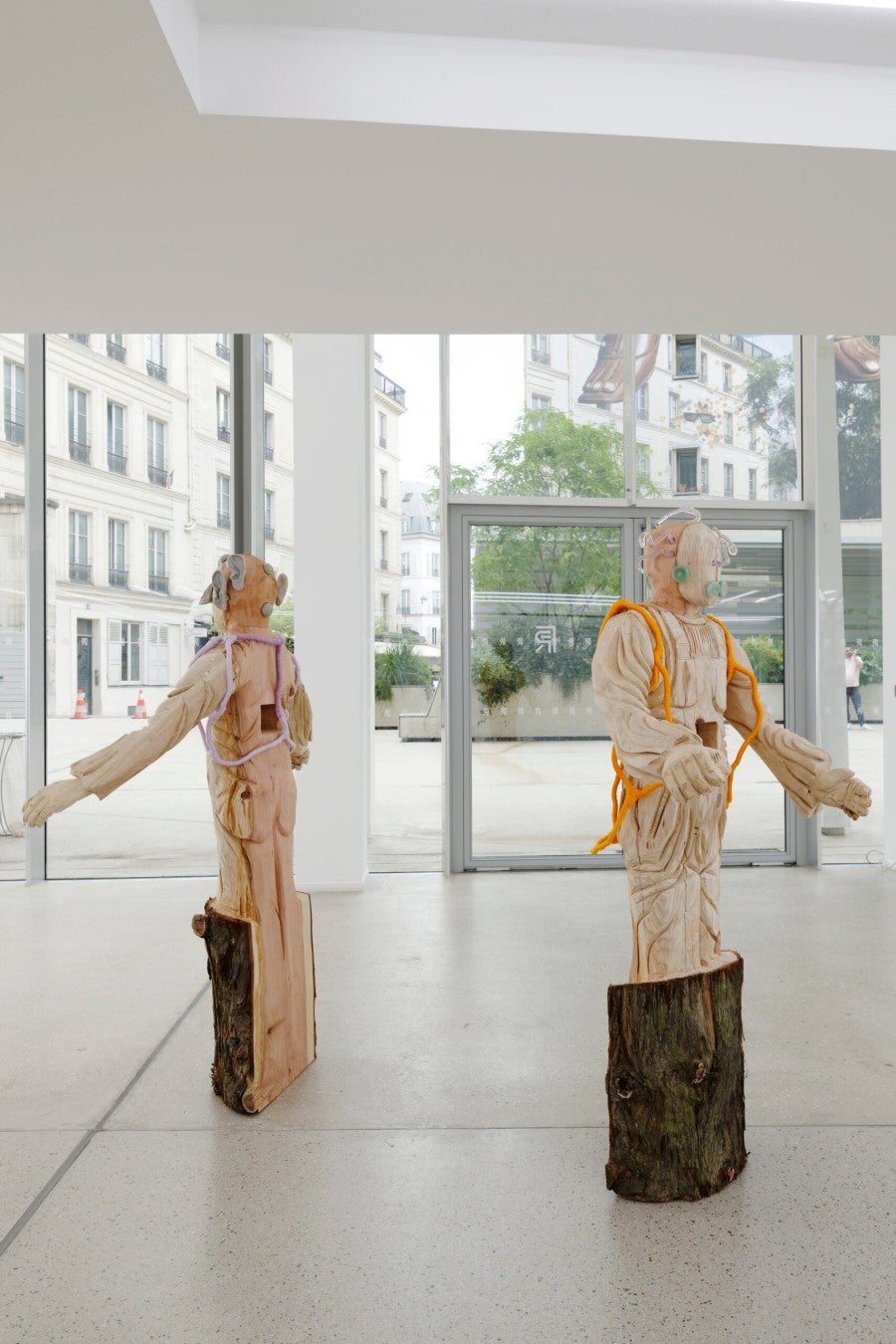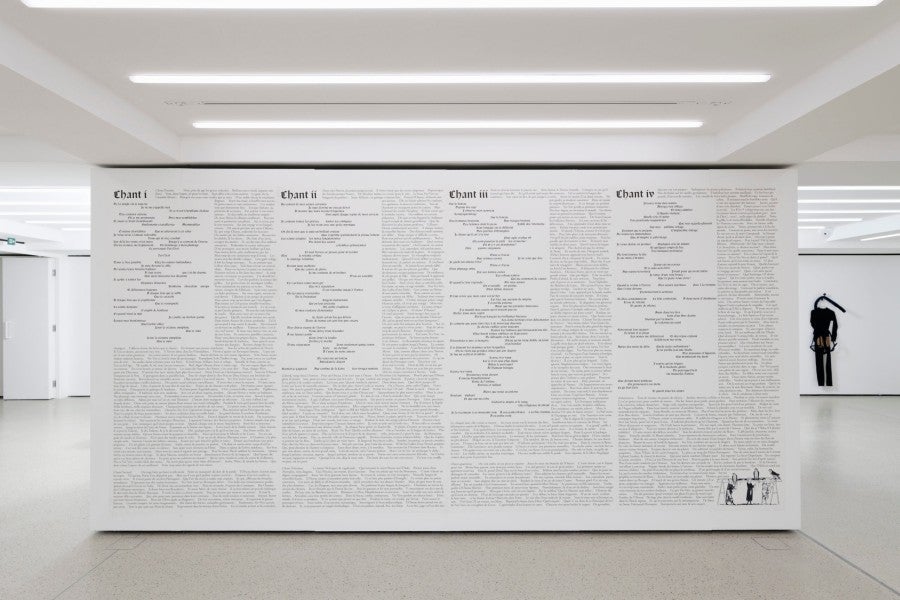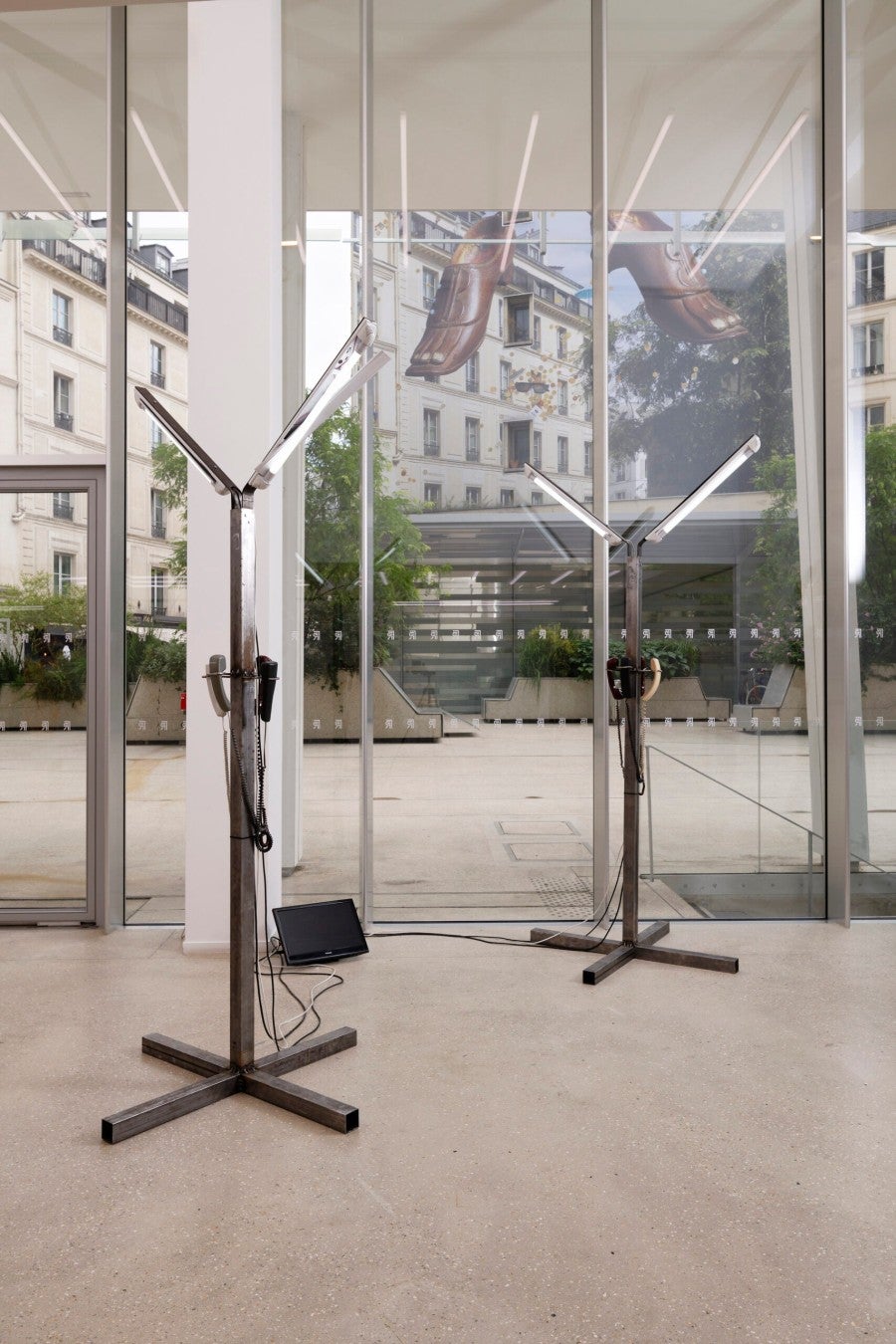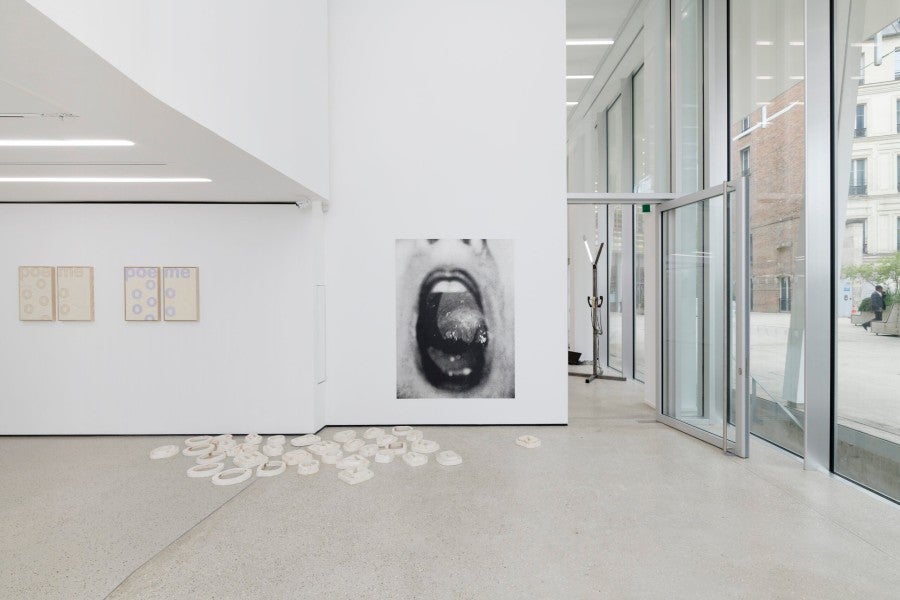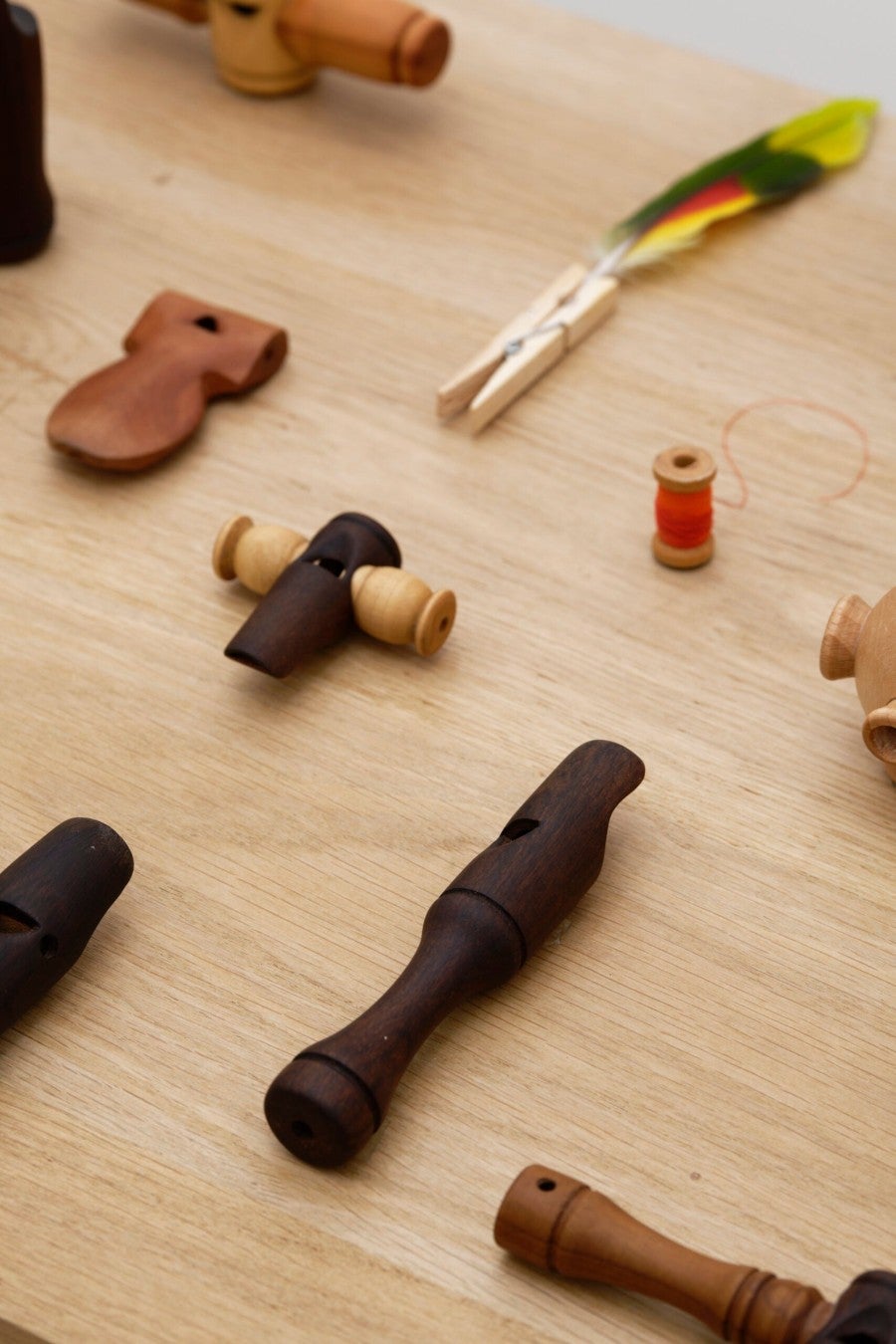Oral Texte
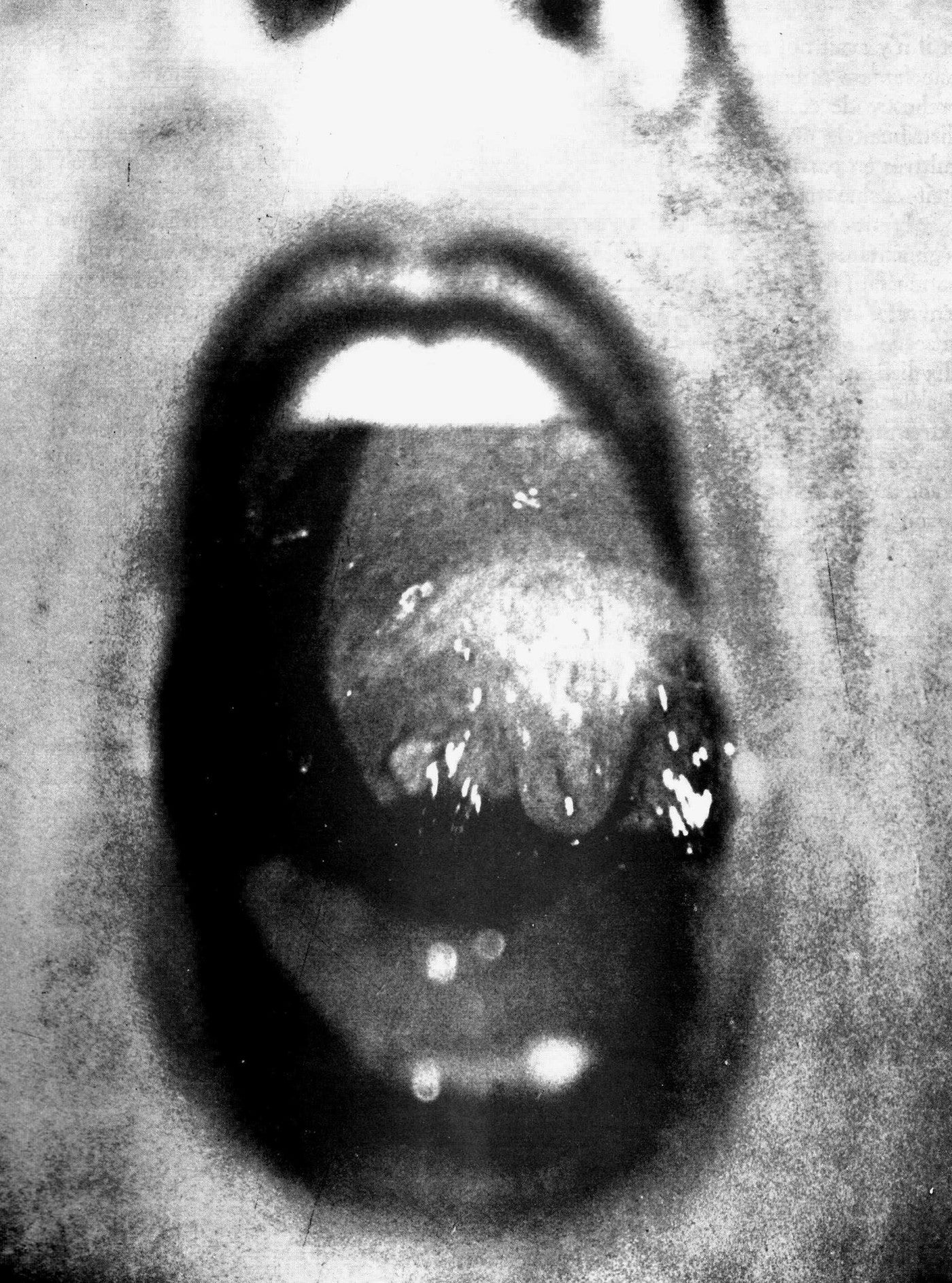
Davide Balula, Clarissa Baumann, Julie Béna, Angélique Buisson, Justine Emard, Aurélie Ferruel and Florentine Guédon, Lola Gonzàlez, Zhana Ivanova, Pauline Lecerf, Camille Llobet, Agnès Thurnauer.
Performance program
June 20, performance on a proposal by Davide Balula
June 29, performance by Magali Léger (Soprano) and Camille Llobet (visual artist)
July 6, performance by Perez on a proposal by Angélique Buisson + launch of the vinyl Vert Vert edited by *Duu
July 13, performance by Julie Béna, costume by Sandra Berrebi
July 16, performance by Clarissa Baumann, with Kidows Kimand and Olavo Vianna
July 20, performance by Aurélie Ferruel and Florentine Guédon
– Where is your work?
– There, where I’m talking now.
Yves Klein, The evolution of art towards the immaterial (Conference at the Sorbonne 1959)
On the occasion of the 10th anniversary of the « Partitions (performances) » program, organized at the Pernod Ricard Foundation, around the artistic forms of the conference, « Oral Texte » proposes to return to the origins of articulated language. From the oralisation of sound to its articulation in a system of signs, speech became the privileged mode of communication of the human species, for which it would be the common denominator. In a space saturated with speech, the invited artists propose to evaluate what happens beyond speech, in a renewed relationship to the voice’s capacity to transmit a message, to communicate in a coded form whose system sometimes escapes us.
The conference is a form of exchange which mobilizes a qualified participant on a particular subject in front of an audience likely to adhere to the speech or to question it. The conference can be scientific, academic, philosophical, citizen, international, press or bishops. The conference is a performance of the articulated language, defined by a set of rules, inscribing itself in a device of speech, dissociating the enunciator from the receivers of the message, by holding them at distance.
At the turn of the years 2000, artists of the French scene seized the language and the conference to make of it the very matter of their works, by using a secular device, to better deconstruct the authorized discourse, at the time when art was more than ever leaned to the language and that it was necessary to question the discourse of authority [1]. These years marked the end of a blind belief in the work of art as a transcendent object, whose aesthetic experience was without comments and whose most beautiful specimens Malraux had compiled in his imaginary museum. Since the appearance of the cultural mediation in the middle of the Nineties, the work of art had been adorned with authorized speeches, aiming at producing the relation, via the language, between the work and its public, that it was time to reappropriate.
It is this legacy that has certainly contributed to the emergence of a new generation of artists ready to speak out, not to say their practice but to create it before our eyes. Since 2011, Partitions (Performances)[2] has welcomed nearly 150 artists, producing performative lectures, the vast majority of which are unpublished, at the Pernod Ricard Foundation. Hijacking the codes of the lecture by deconstructing a device so universal that one might think it neutral, these artists have seized upon the different regimes of discourse to better reveal their mechanisms, dynamics and failures.
To conclude this decade of performances, Oral Texte proposes to look at what happens before speech. Ferdinand de Saussure, in his Cours de Linguistique Générale in 1916, reminded us that the function of language, as it manifests itself when we speak, is not natural. The vocal apparatus, as an instrument of language, is the result of chance, a capacity that humans (and certain birds) have developed to communicate. The exhibition offers a journey through language: the babbling of a baby who discovers their voice and their ability to modulate sounds (Camille Llobet), or those of a robot animated by an artificial intelligence that discovers language when it is switched on (Justine Emard), a language of fire from the origins of the human species (Davide Balula), languages whistled from the High Plateaux (Aurélie Ferruel and Florentine Guedon), the imaginary language developed in the greatest secrecy by two sisters (Lola Gonzàlez), the language that humans have stolen from birds (Clarissa Baumann), eroticized by the whispers sent from the intimacy of one’s bedroom to anonymous strangers on social networks (Zhana Ivanova)… Sometimes the voice is lost in the ocean, ultimate contact for sailors in distress (Pauline Lecerf) or refuses to be heard, like Janmari, this autistic child who keeps tracing on the pages of his diary the circles of a mouth that doesn’t want to emit any sound, and of which Agnès Thurnauer’s « poems » on canvas seem to be the echo. Invoking stories, myths and legends, the artists invite us to rethink our ways of communicating with others, whether they are our own or of another species (Julie Béna, Angélique Buisson).
The exhibition unfolds different modes of operation of our relationship to language, covering a variety of mediums that go beyond the expectations of performance: videos, installations, paintings, sculptures occupy the exhibition spaces with a time of activations scheduled each week in the exhibition or in the spaces of the Pernod Ricard Foundation.
Alongside the exhibition, a selection of recordings of performances made during this decade of programming Partitions (performances) at the Pernod Ricard Foundation will allow us to measure the diversity of the devices implemented by the artists and their ability to rethink scholarly discourse by drawing on different scientific disciplines.
[1] See Jacques Rancière, Le maître ignorant, Paris, Fayard, 1987
[2] A first program of Fictions performances (performed readings) associating visual artists and contemporary writers was created by Christian Alandete and Agnès Violeau at the Ricard Foundation between 2008 and 2011.
Picture : Jacques-André Boiffard, D.R.
